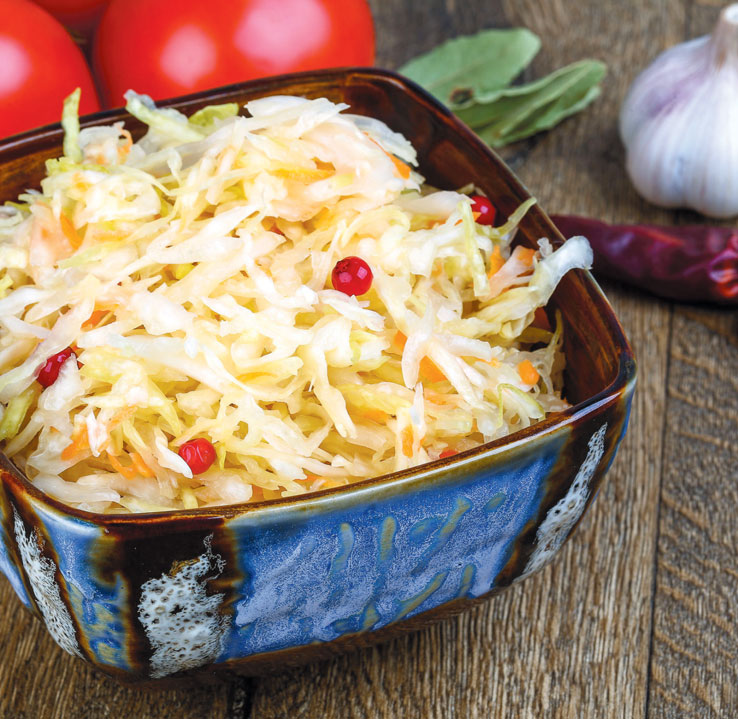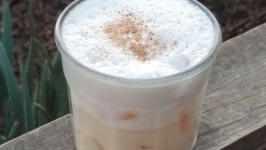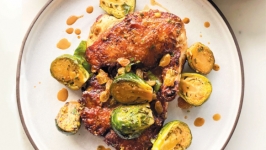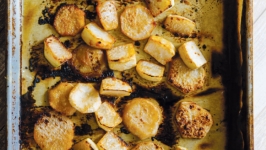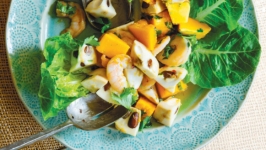Gut Check
What’s going on in our guts? Slow Food Ventura County is taking the initiative to find out.
The local Slow Food chapter is bringing together volunteers, artisan fermenters and researchers from UC San Diego for the Slow Food/American Gut Project, a longitudinal study researching whether adding locally produced fermented foods to people’s diets causes beneficial bacteria to appear in their guts.
Beginning in March, the two-week project’s 50 volunteers will eat their normal diet for one week. The second week, they will add handmade, wild-fermented foods from a dozen fermenters from Ventura County and beyond—such as kimchi, sauerkraut and raw milk cheese.
The participants’ stool samples for the two-week period will be genetically sequenced and analyzed over a period of months at UCSD, which houses American Gut and The Dutton Lab, whose research focuses on microbial life. The goal is to identify which foods—if any—contribute to the beneficial microbial attributes associated with positive human health. Because the project is through American Gut, the sequence data will be made public as soon as they are produced, says Embriette R. Hyde, PhD, project manager for the American Gut Project.
“Contributing and receiving knowledge associated with the bacterial communities living in our gut microbiomes has proved to be an irresistible draw to the Slow Food community,” says Charles Barth, chair of Slow Food Ventura County and organizer of the local scientific study.
Ventura County artisans who are supplying fermented foods include Michelle Lopez-Dohrn of Wild at Heart Ojai (wild sauerkraut), Lisa Valantine of True Food Beauty (aromatic red kraut) and TempehSure tempeh. Slow Food Preservers Los Angeles and Slow Food Los Angeles are participating, as are artisans from Santa Barbara to San Diego.


